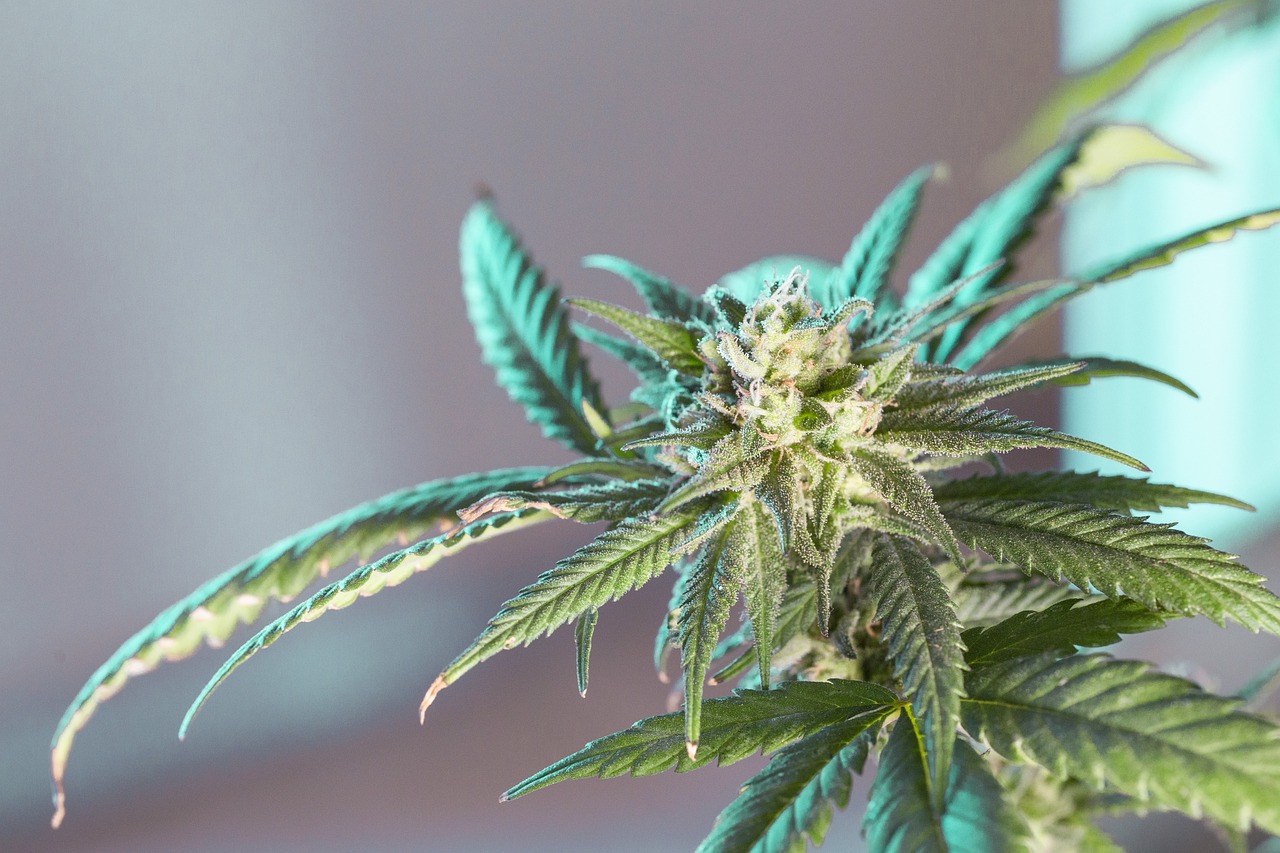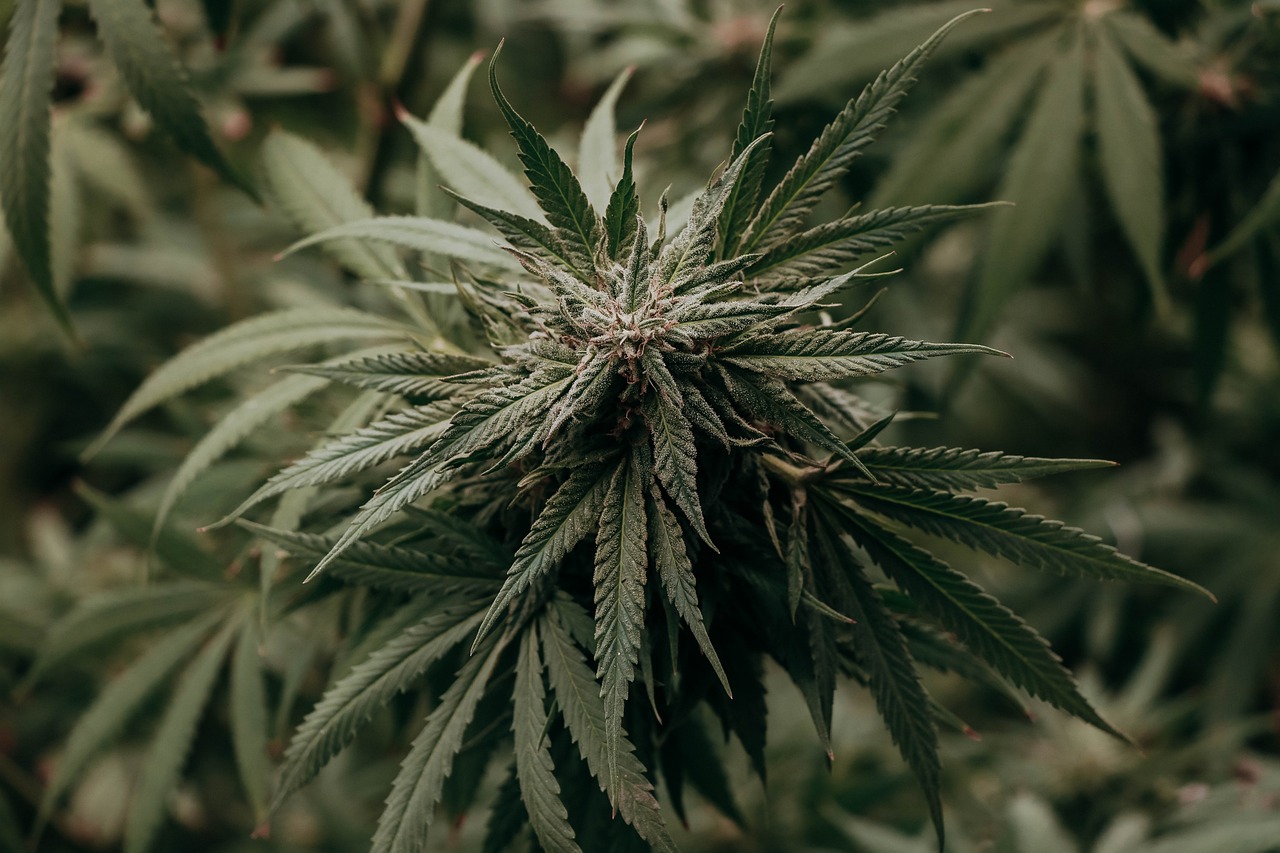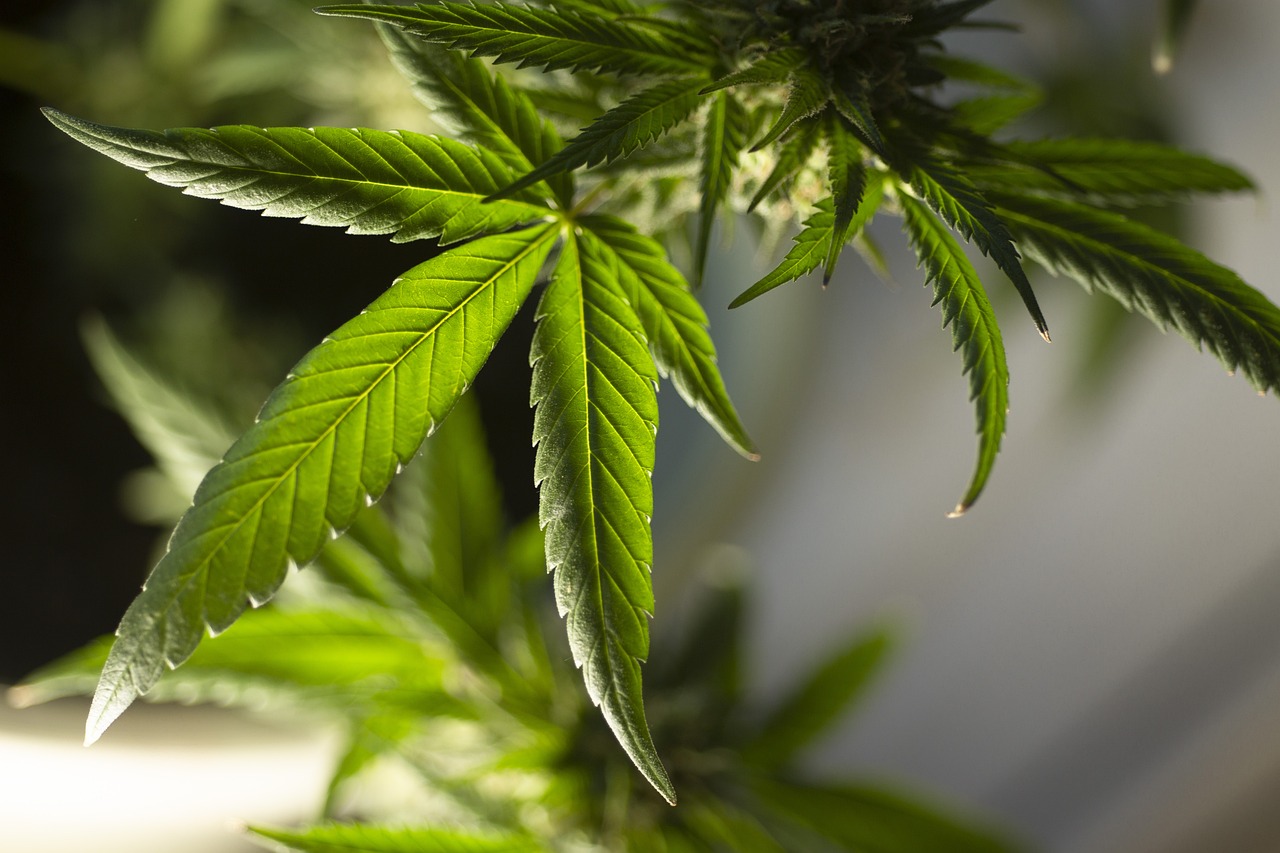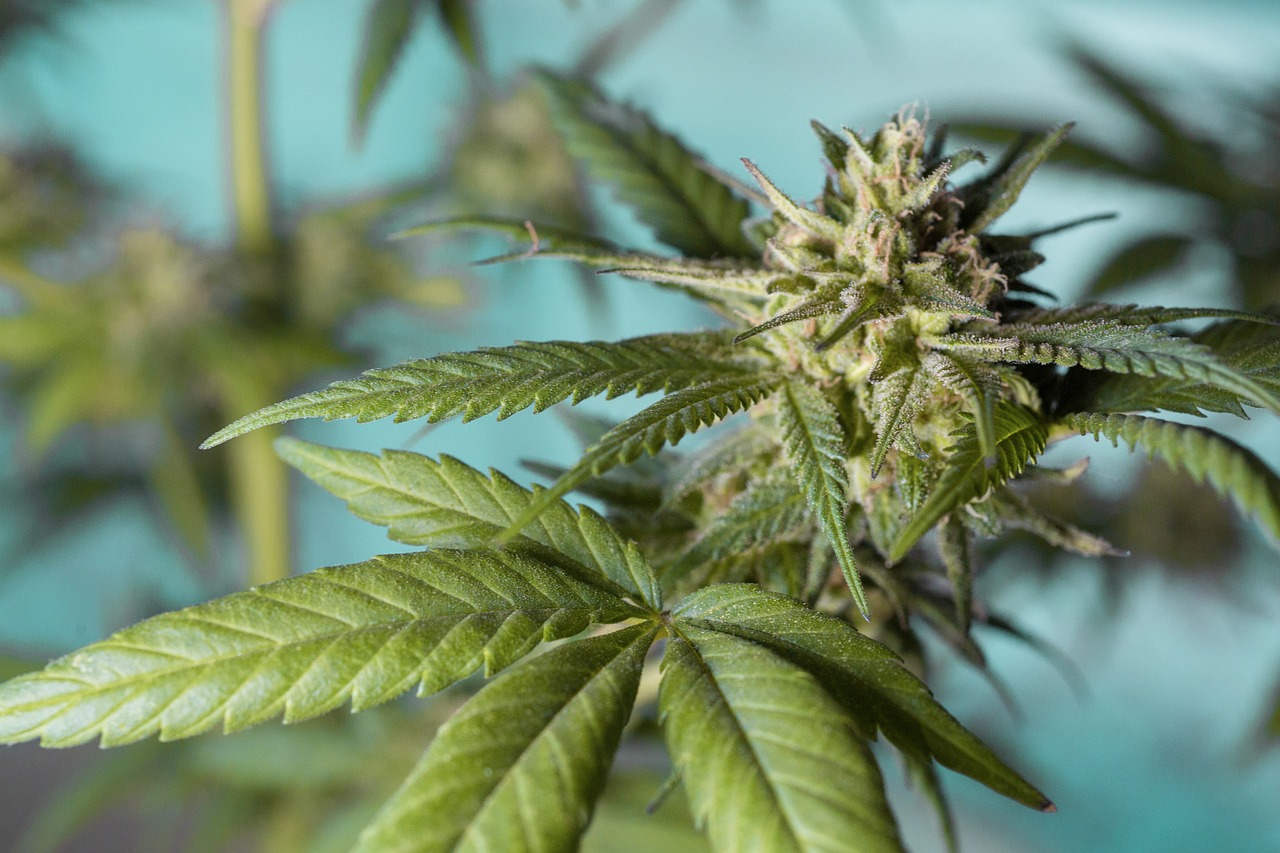In recent years, the cannabis industry has seen a surge in interest surrounding various cannabinoids and their potential benefits. Among these, THCA (tetrahydrocannabinolic acid) has gained attention for its unique properties and potential health benefits. This article explores the world of THCA flower cultivation tips, providing insights into its characteristics, benefits, and how it differs from other cannabinoids.
Understanding THCA: The Basics
THCA is a non-psychoactive cannabinoid found in raw and live cannabis plants. Unlike THC (tetrahydrocannabinol), which is known for its psychoactive effects, THCA does not produce a “high.” This is because THCA is the acidic precursor to THC. When cannabis is heated through smoking, vaping, or cooking, THCA undergoes decarboxylation, converting into THC.
How THCA is Formed
THCA is produced in the trichomes of the cannabis plant. These tiny, hair-like structures are responsible for the production of cannabinoids and terpenes. As the plant matures, THCA accumulates in the trichomes, contributing to the plant’s overall cannabinoid profile.
Decarboxylation: The Conversion Process
Decarboxylation is a chemical reaction that removes a carboxyl group from THCA, transforming it into THC. This process is typically triggered by heat, which is why raw cannabis does not produce psychoactive effects. Understanding this conversion is key to appreciating the distinct properties of THCA.
Potential Benefits of THCA
Research into THCA is still in its early stages, but preliminary studies and anecdotal evidence suggest several potential benefits:
- Anti-inflammatory Properties: THCA may help reduce inflammation, making it a potential option for those with inflammatory conditions.
- Neuroprotective Effects: Some studies indicate that THCA could have neuroprotective properties, which might be beneficial for neurodegenerative diseases.
- Anti-emetic Potential: THCA may help alleviate nausea and vomiting, offering relief for individuals undergoing chemotherapy or experiencing other conditions that cause these symptoms.
- Appetite Stimulation: Like THC, THCA might stimulate appetite, which can be helpful for individuals with appetite loss due to medical conditions.
Case Studies and Research
While comprehensive clinical trials are limited, some studies have explored THCA’s potential. For instance, a study published in the British Journal of Pharmacology highlighted THCA’s anti-inflammatory effects in animal models. Another study in the Journal of Neuroimmune Pharmacology suggested that THCA might offer neuroprotective benefits.
THCA vs. THC: Key Differences
Understanding the differences between THCA and THC is crucial for consumers and medical professionals alike. Here are some key distinctions:
- Psychoactivity: THCA is non-psychoactive, while THC is known for its mind-altering effects.
- Legal Status: In many regions, THCA is legal, whereas THC is subject to stricter regulations due to its psychoactive nature.
- Consumption Methods: THCA is typically consumed in its raw form, such as in smoothies or juices, to preserve its non-psychoactive properties.
How to Use THCA Flower
For those interested in exploring THCA, there are several ways to incorporate it into your routine:
- Raw Consumption: Consuming raw cannabis leaves or flowers in smoothies or salads can provide THCA without the psychoactive effects of THC.
- Tinctures and Oils: Some products are specifically formulated to preserve THCA, offering a convenient way to consume this cannabinoid.
- Topicals: THCA-infused creams and balms can be applied directly to the skin for localized relief.
Considerations for Use
When using THCA products, it’s important to consider factors such as dosage, individual tolerance, and potential interactions with other medications. Consulting with a healthcare professional can provide personalized guidance.
Conclusion
THCA flower offers a unique opportunity to explore the benefits of cannabis without the psychoactive effects associated with THC. With potential anti-inflammatory, neuroprotective, and anti-emetic properties, THCA is an intriguing option for those seeking alternative wellness solutions. As research continues to unfold, the understanding of THCA and its applications will likely expand, offering new insights into this fascinating cannabinoid.



